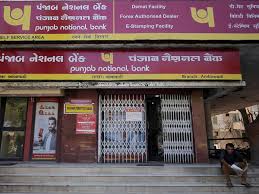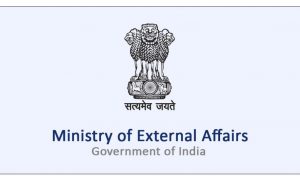After the State Bank of India on Sunday said that customers can now exchange their Rs 2,000 denomination bank notes without producing any identity proof up to Rs 20,000 at a time, the Punjab National Bank (PNB) has also issued clear guidelines for exchanging Rs. 2,000. The bank has said in the instructions issued on Tuesday that no document is required to exchange or deposit the note. Actually, the process of changing two thousand rupee notes has started across the country.
PNB has issued these instructions after an old form seeking additional personal information for the exchange of Rs. 2,000 went viral on social media. In an instruction issued to all branches, the bank has said that an Aadhaar card or Official Verified Document (OVD) is not required for depositing and exchanging Rs. 2,000. Along with this, the bank has said that there is no need to fill out any form for this.
Notably, the Reserve Bank of India (RBI) announced the withdrawal of 2000 notes from circulation last week. RBI had said that till September 30, customers can get currency notes of 2000 changed in banks or deposited in their accounts. According to the RBI, even after the deadline of 30 September, the note of 2000 will remain a legal tender.
Earlier, on Monday, RBI held a Conference for the Directors on the Boards of Public Sector Banks and it acknowledged the role played by the banks in supporting the economy and maintaining resilience along with improved financial performance in the face of several adverse shocks in recent times.
RBI governor Shaktikanta Das also exhorted the directors of banks to further strengthen the governance and assurance functions so that the banks are able to identify and mitigate risks at an early stage.
Earlier, while withdrawing 2000 notes from circulation, the central banks said that the ₹2000 denomination banknote was introduced in November 2016 under Section 24(1) of RBI Act, 1934, primarily to meet the currency requirement of the economy in an expeditious manner after the withdrawal of legal tender status of all ₹500 and ₹1000 banknotes in circulation at that time.
It said, the objective of introducing ₹2000 banknotes was met once banknotes in other denominations became available in adequate quantities. Therefore, printing of ₹2000 banknotes was stopped in 2018-19.
The bank informed that about 89% of the ₹2000 denomination banknotes were issued prior to March 2017 and are at the end of their estimated life-span of 4-5 years. The total value of these banknotes in circulation has declined from ₹6.73 lakh crore at its peak as on March 31, 2018 to ₹3.62 lakh crore constituting only 10.8% of notes in circulation on March 31, 2023.
The Reserve Bank of India has also advised banks to stop issuing ₹2000 denomination banknotes with immediate effect.




























 WhatsApp us
WhatsApp us